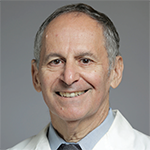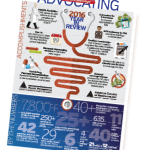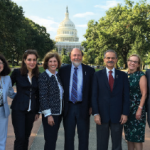At the 2016 ACR/ARHP Annual Meeting in Washington, D.C., in November, the ACR and the ARHP honored a group of distinguished individuals who have made significant contributions to rheumatology research, education and patient care. In the November 2016 issue, we reported on the ARHP’s awards. This month, we speak with the ACR winners. Presidential Gold…







